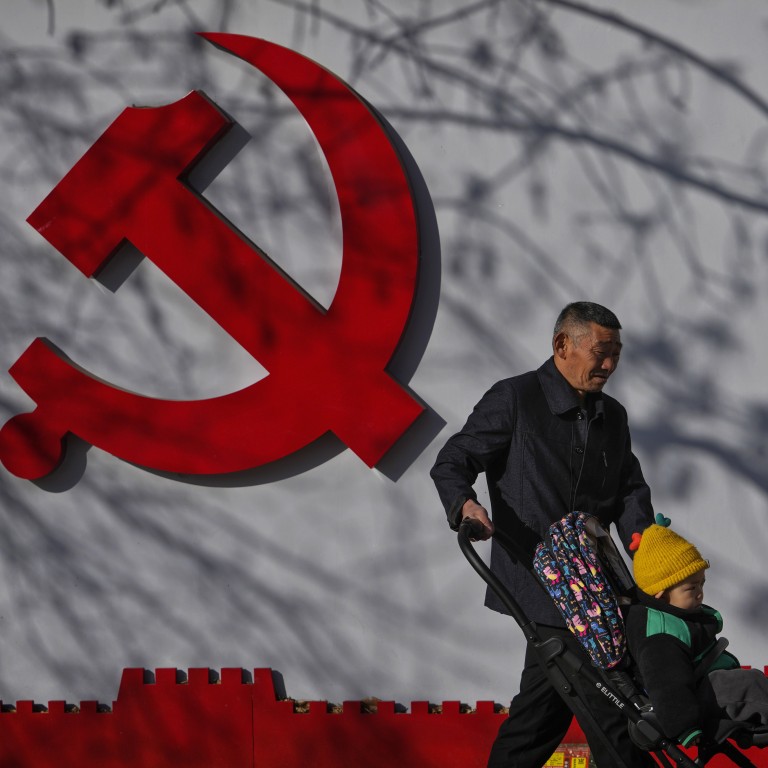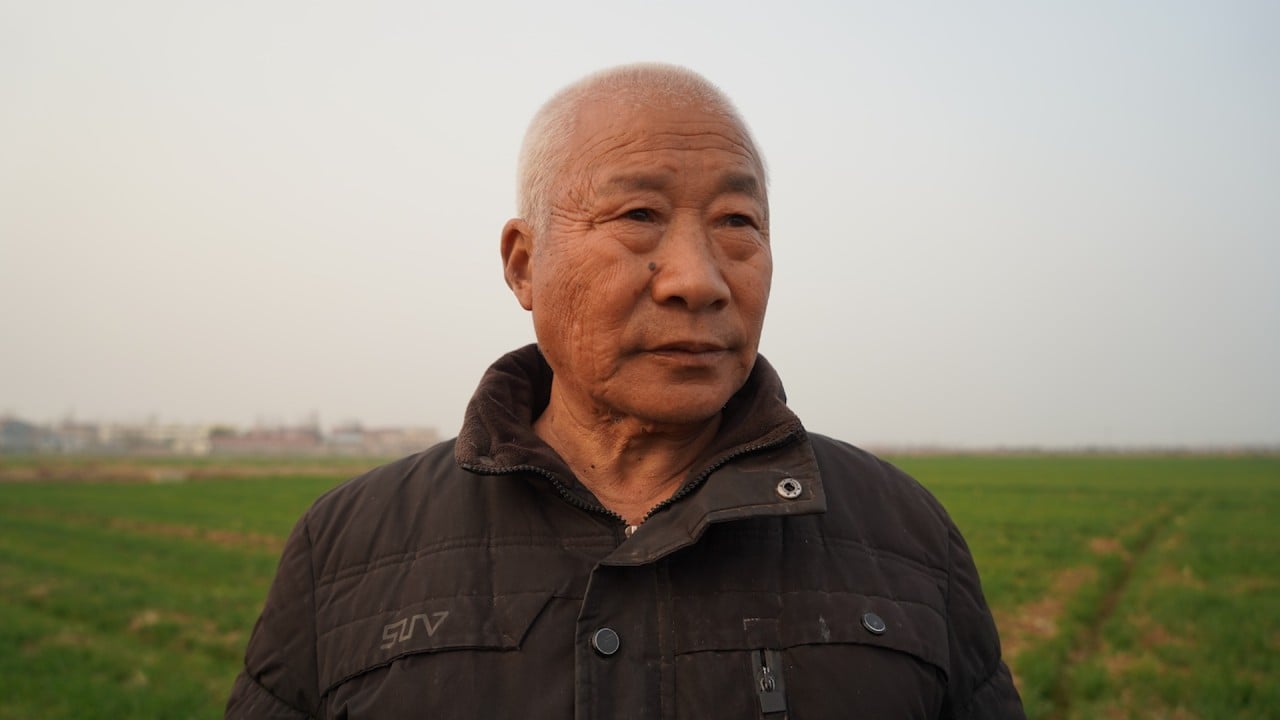
Beijing tightens control over rural China with training campaign for thousands of village chiefs
- Nationwide coaching sessions aim to provide party guidance, ensure loyalty and stability at county levels
- Direct training by Central Party School provides Beijing with a straight line to all village cadres
The Central Party School was merged with the National Academy of Governance as part of an overhaul in 2018 to consolidate the training institutions and courses for officials.
According to a report in People’s Daily on Tuesday, 212 village party secretaries and village committee directors attended the four-day, in-person training course in Beijing from April 24. Tens of thousands of rural cadres joined the sessions via video link in classrooms set up at provincial and county-level party schools.
“This is the first time that the Central Organisation Department and the Central Party School (National Academy of Governance) directly conducted training for all village cadres, and it is also the largest training session for rural cadres in recent years,” the report said.
In addition to top political coaches from the party school, leading cadres from the party’s Central Organisation Department – its top personnel agency, the Central Commission for Discipline Inspection – its top disciplinary watchdog, and the Ministry of Justice also gave lectures, the report said.
During the sessions, 15 model village party secretaries also presented case studies on topics such as developing rural collective economies and rural party building.
Land, welfare and tax reforms needed to address China’s inequality: Lou Jiwei
The report said the training sessions extended into the evenings, followed by group discussions where cadres discussed what they had learned.
Strict rules were in effect during the supervised sessions – attendance was recorded, participants were not allowed to leave classes, and food and drinks were banned.
Keeping rural managers in line is seen as an essential part of Xi’s long-term plan to revitalise rural areas following a massive poverty alleviation campaign, according to Professor Xie Maosong, senior fellow of the Taihe Institute, and a senior researcher at the National Institute of Strategic Studies at Tsinghua University.
“After the 18th party congress in 2012, Xi ordered the Central Party School to widen its training cohort to include the county party chiefs because he knew the importance of the county-level cadres in China’s overall development and stability,” Xie Maosong said.
“Now he has cast the net even wider to include even the village heads, which means he expects every cadre, no matter their rank, to perform. Before, the village heads were usually trained in the provincial or municipal party schools. Now, Beijing wants to talk to the ground level cadres and provide direct guidance.”
‘It’s 2023, not 2023BC’: Chinese town urges women to boycott old wedding customs
Corruption at the grass-roots level is often the main source of rural tension and conflict in China, since village cadres can have a final say in major decisions on land and other resource allocations. The officials sometimes enjoy tsar-like status in their communities, despite their low ranking in China’s administrative hierarchy.
But the village cadres have also complained about long hours, high work pressure and limited promotion prospects without a degree.


